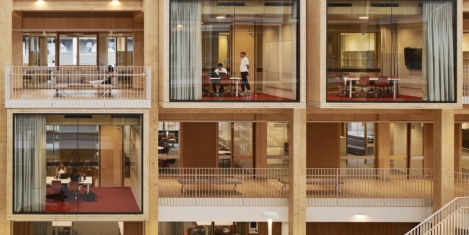March 17, 2016
Study confirms that commuting by car has serious health consequences 0
Adults who commute to work via cycling or walking have markedly lower body fat percentage and body mass index (BMI) measures in their mid-life compared to adults who commute via car, according to a new study in The Lancet Diabetes & Endocrinology journal. Even people who commute via public transport also showed reductions in BMI and percentage body fat compared with those who commuted only by car. This suggests that even the incidental physical activity involved in taking journeys by public transport may be significant. The study looked at data from over 150,000 individuals from the UK Biobank dataset, a large, observational study of 500,000 individuals aged between 40 and 69 in the UK. The study is the largest to date to analyse the health benefits of active transport. The strongest associations were seen for adults who commuted via bicycle, compared to those who commute via car.




























April 17, 2016
How can commuting to your choice of office affect staff productivity? 0
by Darren Bilsborough • Comment, Facilities management, Flexible working, Property
(more…)